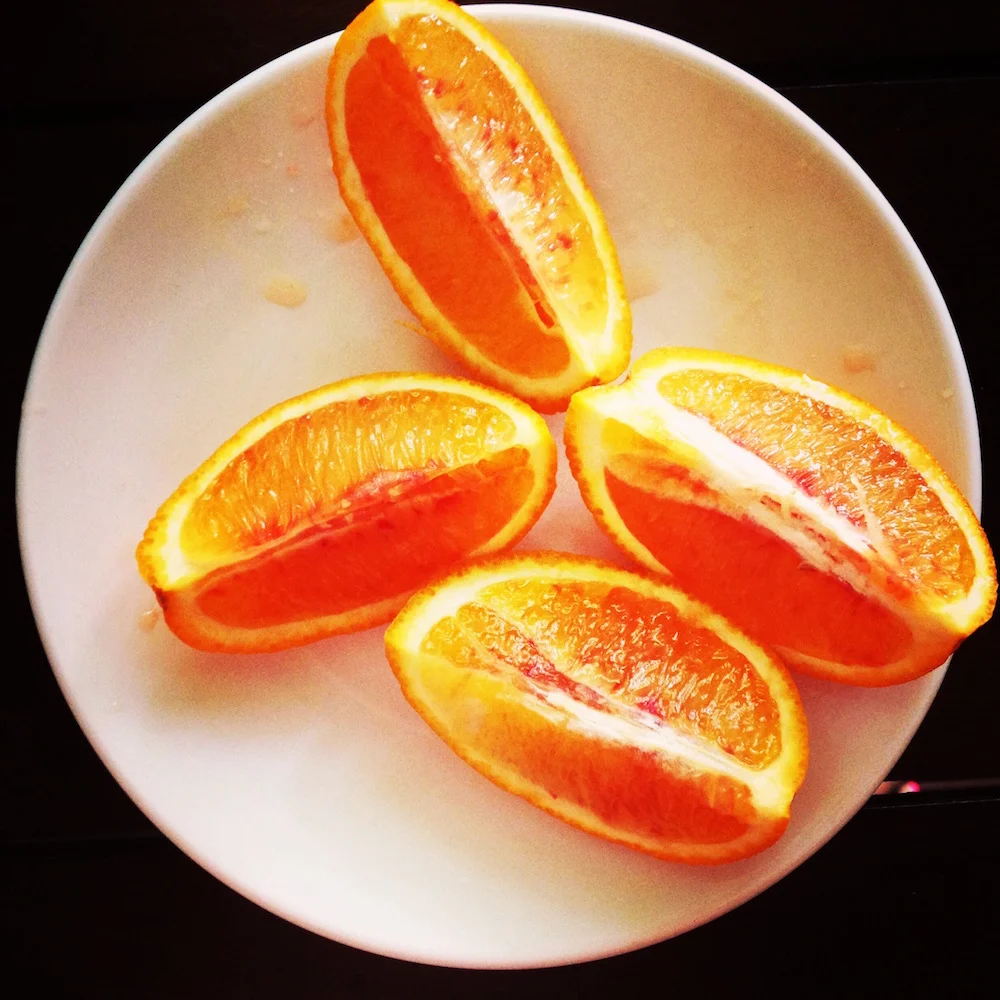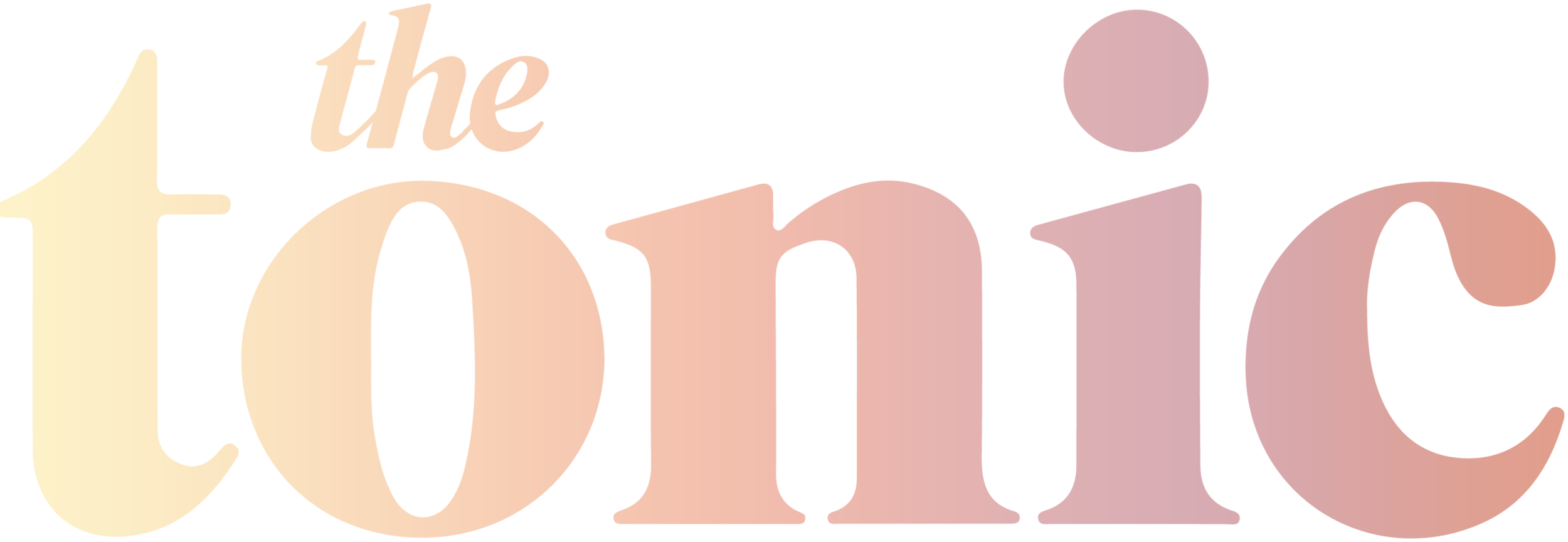Well, well, well

Launching a site that devotes itself to feeling good and to my oft-touted aim of ‘balance’ has been a peculiar personal journey for me. As a writer who has primarily written about things that are best contained in the ‘lifestyle’ bracket, it’s not as though I’ve been grappling with the world’s bigger questions. Rather, I have written (with a lot of pleasure, I might add) about food, about popular culture, often about music, and sometimes about my relationship.
My physical and mental wellbeing wasn’t high on my priority list for a very long time. If anything, this pursuit of “wellness” came to me after a decade of feeling awful, of falling quite sick quite often, and of finding that my mental health and personal relationships suffered due to (I realise now) my body not feeling all that great. When I write about healthy food alternatives I do not write as a nutritionist or a physician, but merely from the perspective of someone “has eaten food for three decades.” I have eaten quite a lot of food, and I know how it makes me feel, but I’d recommend that you establish your own relationship with what you ingest, and not blindly follow my own ways of eating.
You cannot have missed it: the wellness industry is booming.
Is it because eating right isn’t, for the first time in my living memory, considered the domain only of the joyless? Or because all our Instagram feeds have turned into an infinite scroll of beautiful food and boutique fitness? Or is it really just us competitive city-folk obsessing about how best to out-health everybody else? Perhaps it is all of these. But it is also the desire to recall the experience of feeling good in your body, and re-claim that familiar sense of waking up with loads of energy, with pleasure, and ending your day less tired, less crabby, and less unpleasant that makes it a compelling proposition. Of travelling and returning restored and filled with stories, strength, and inspiration, instead of a timezone-travelling hangover that won’t quit (you don’t know awful until you’re on a long-haul flight the day after a festival).
We are, apparently, eating worse and moving less now than we ever have before, and the ill effects of it aren’t academic any longer. The alternative: making time for whole foods, for movement and to regain a sense of connection to your long-suffering body (sorry body) suddenly feels a lot more appealing.
If I had concerns about launching Tonic, they all converged around dipping a toe into a transformation economy that appears to be creating an ideal of obnoxiously good health (#avotoast) that is achievable only through a righteous fixation on what you eat, hourly tracking via wearable tech, and through acquisition of cripplingly expensive (and admittedly, very sexy) exercise gear. This website has a section that recommends things for you to buy, and a piece on athleisure is on its way, so this inconsistency is not lost on me.
The pressure not just to be well, but to be more well than the person next to you in a franchise exercise class, is exactly counter to the idea of being well. Jumping off one hamster wheel and onto another, faster, hamster wheel isn’t the aim of this journey. If you obsess about being well, I can tell you that you will not be well. Set to the backdrop of consistently bleak economic news and declining social contracts, a new narrative is emerging that looks to this sort of individual fulfillment as a means to regain control over our lives in a world that feels increasingly out of kilter. Obsessively ritualizing self-care, as is the tendency of so many of us, attempts to collapse all problems into an almost ideological pursuit of wellness.
The choice is not between misery and narcissism. Yes, Instagram smoothie bowls are cloying, but so is the old rhetoric that requires adults, artists, and intellectuals to treat themselves like shit because any other approach to life is counter to the revolution, wherever that may be.
I’ve been doing yoga, working out, and yes, even meditating, for a fair few years now, and I will reluctantly admit that it has changed my life more than you can imagine. It is the sort of thing that no one wants to say, and the sort of thing that the Brits would best describe as “American”, but it is also the truth. In launching this site I’ve cast aside some of that trepidation. Self care “is not self-indulgence—it is self-preservation, and when you look at it that way, you can stop making excuses for it, and embrace it for the tools it will give you.

